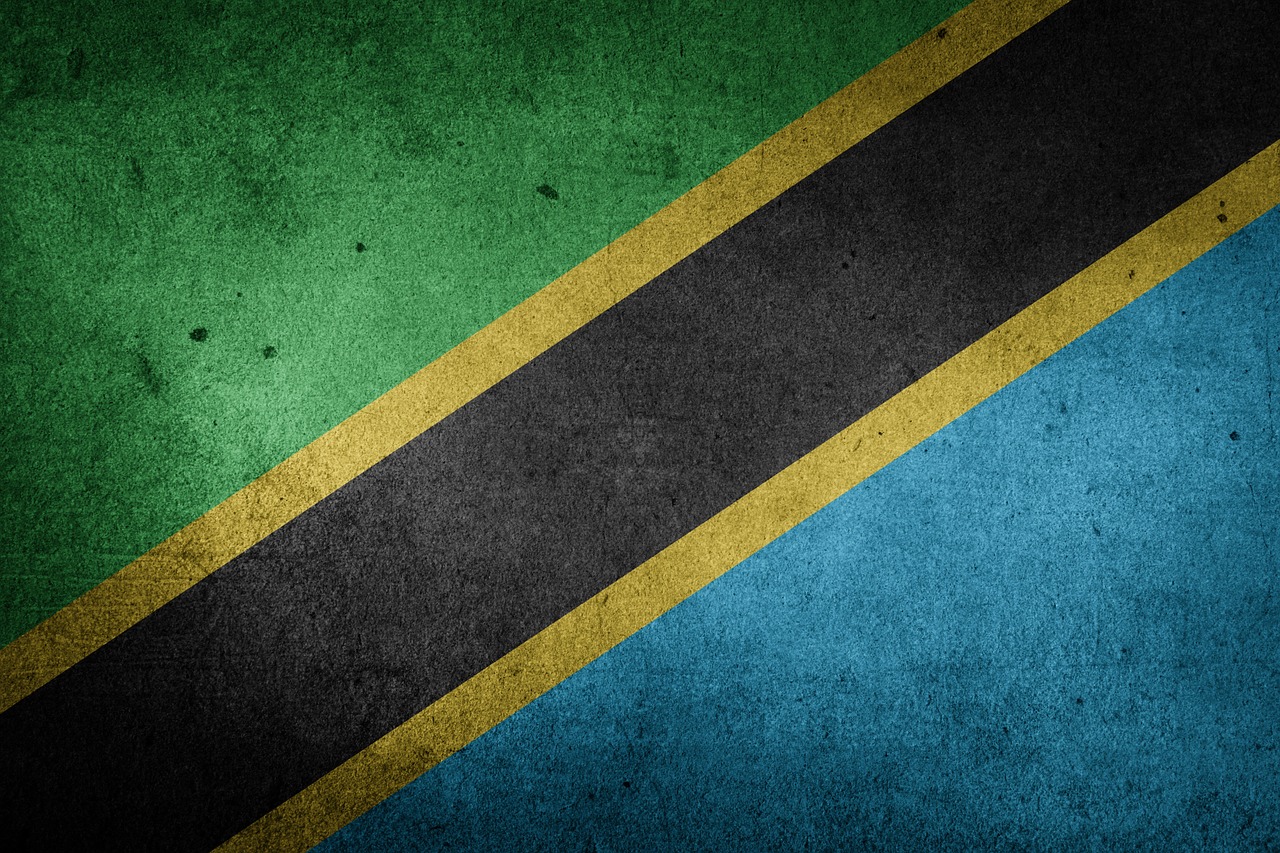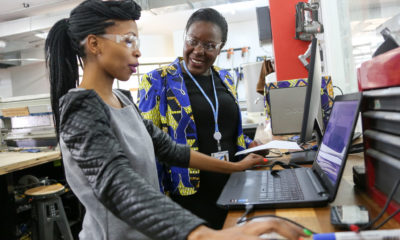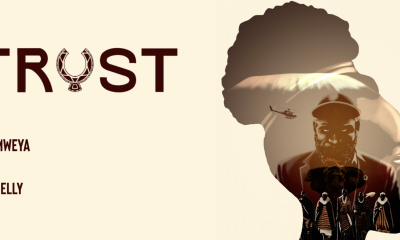In this week’s news roundup, you’ll read about Binance’s partnership with the Recording Academy, Tanzania’s push for clear acceptable global guidelines on crypto assets and CBDCs, and more.
Binance Becomes The Official Cryptocurrency Exchange Partner of the 64th Annual GRAMMY Awards
Binance has become the first-ever official cryptocurrency exchange to sign a partnership with the Recording Academy to become the partner for the 64th Annual GRAMMY Awards and GRAMMY Week events, including the inaugural Recording Academy Honors celebration.
Speaking about the partnership, Panos A. Panay, the Recording Academy Co-President said, “As we continue to evolve the Recording Academy for a rapidly changing music industry and for the next generation of creators, we feel that it’s important to work with innovative partners to explore new monetization avenues for our members and create new experiences for music fans. As the leading player in the crypto and blockchain space and with its community-focused approach, Binance is the perfect partner for the GRAMMYs and for our mission to empower music people around the world.”
As the GRAMMY’s official crypto exchange partner, Binance will work with the Recording Academy throughout the year to introduce different Web3 technology solutions and experiences to the organization’s events, initiatives, and members.
Yi He, the Binance Co-Founder, said, “Starting with the GRAMMYs, we are excited to work together with the Recording Academy to bring fresh new experiences powered by blockchain and all the great things Web3 technology can bring to entertainment.”
Additional details about the partnership will be announced at a later date.
Tanzania Hosts Talks on Cryptocurrencies in Partnership With the International Monetary Fund
Tanzania’s top financial sector officials have asked for a clearer universal consensus on crypto assets and Central Bank Digital Currencies (CBDCs) as the nation continues to study the direction to take in the crypto space.
 The request was made during a regional conference that was hosted by the Bank of Tanzania and the International Monetary Fund (IMF) on Tuesday.
The request was made during a regional conference that was hosted by the Bank of Tanzania and the International Monetary Fund (IMF) on Tuesday.
Mwigulu Nchemba, Tanzania’s Finance and Planning Minister, said that both topics needed to be discussed more in-depth before the country could decide on the way forward. The two-day virtual convention that continued through to Wednesday, had been specifically organised for Anglophone countries in the Sub-Saharan region to gain more insights on issues such as financial inclusion and integrity, digital and cybersecurity risks, legal issues and interoperability in relation to CBDCs and cryptocurrency dealings.
According to Dr Nchemba, the Bank of Tanzania is “finalising preparations of a business case for establishment of a CBDC in Tanzania and evaluation of crypto assets after recording significant progress” in formalising digital financial services.
The IMF, on it’s part, said that central banks in each country are expected to decide their own main objectives before embracing CBDCs. According to Bo Li, IMF’s Deputy Managing Director, “there is no across-the-board formula for all countries.” He went on to say that the main focus for IMF in the global cryptocurrencies debate is to push for the establishment of a “strong, comprehensive and consistent regulatory framework” for dealings in crypto assets.
In addition, the IMF said that it neither encourages nor discourages countries to issue CBDCs but only works to provide technical assistance to countries that opt to do so on design features that support public policy objectives alongside competitive, efficient, and resilient payment systems.
Crypto Exchange FTX Set to Launch in West Africa
Cryptocurrency exchange FTX is set to start rolling out its platform in Africa in the next few weeks. The news comes barely a month after FTX partnered with Kenyan-based fintech firm, AZA Finance, in a bid to expand Web3 in the African continent.
In an interview on Tuesday with Elizabeth Rossiello, the founder of AZA Finance, FTX will first be launched in West Africa before expanding into other markets within the African region. FTX plans to offer its products to the African continent thanks to the continent’s rapidly growing population and it also being a host to some of the world’s fastest-growing economies.
Rossiello went on to add that the platform will be launched in three African countries in the coming months and within the next two years, the two companies hope to be operational in all major and secondary markets in Africa.
To learn more about Bitcoin, download the Bitcoin Beginner’s Handbook for free.


 Features3 years ago
Features3 years ago
 Bitcoin2 years ago
Bitcoin2 years ago
 Features3 years ago
Features3 years ago
 Features3 years ago
Features3 years ago
 Features3 years ago
Features3 years ago
 Features3 years ago
Features3 years ago
 Features8 months ago
Features8 months ago
 Bitcoin10 months ago
Bitcoin10 months ago

 The request was made during a regional conference that was hosted by the Bank of Tanzania and the International Monetary Fund (IMF) on Tuesday.
The request was made during a regional conference that was hosted by the Bank of Tanzania and the International Monetary Fund (IMF) on Tuesday.


















 Central African Republic (CAR) has set up a 15-member committee that will be responsible for developing a bill on the use of cryptocurrencies and tokenization in the region.
Central African Republic (CAR) has set up a 15-member committee that will be responsible for developing a bill on the use of cryptocurrencies and tokenization in the region.
